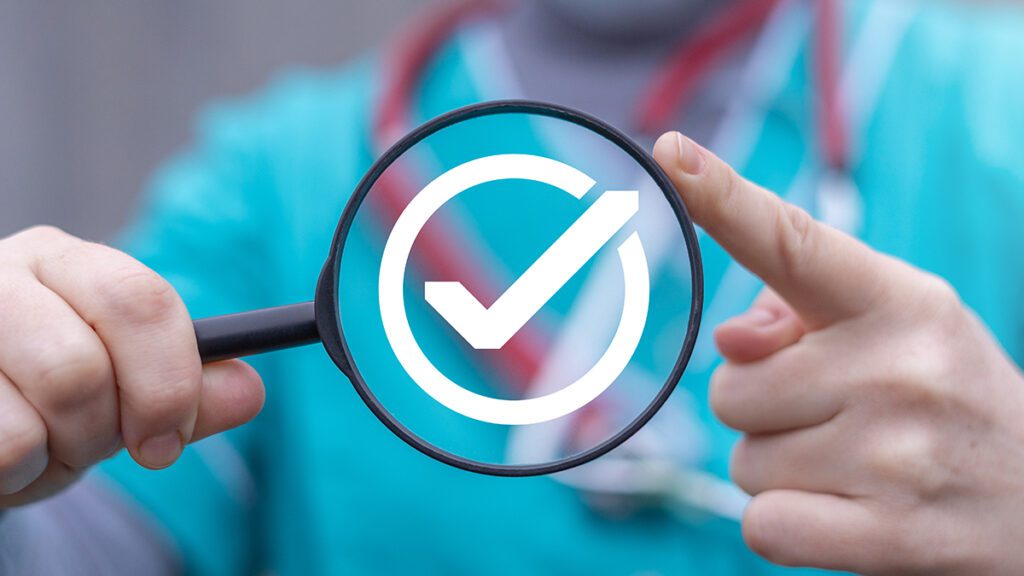On May 26, 2020, the EU Medical Device Regulation (MDR) exited its transition period. There are still questions about how it operates – and the role of the EUDAMED database, but even if you gained a short reprieve on making your products MDR compliant, all quality and manufacturing systems had to meet MDR regulations by May 26.
Regulation and compliance is nothing new. The global medical device market has always been governed by a broad range of evolving national and international regulations. The EU MDR is just the latest regulation, but it’s far-reaching and means transforming the way device companies, their distributors and suppliers work with data and information – especially within the quality and manufacturing systems.
According to a recent survey from KPMG, only one in four medical device companies planned to be compliant by the deadline. More worryingly, less than 5% of companies said they were ready for MDR in February this year. Adoption often tends to start slow and ramp up the closer we get to the deadline, but are things happening fast enough?
Any large change takes time
The EU MDR represents a massive change, whatever way you look at it. Requirements like device classification, identification in the supply chain, unique device identification (UDI), and record and document interchange cannot be enacted overnight. This will take a great deal of system work – such as an entirely new QMS system for some companies – and much greater collaboration with your stakeholders and supply chain.
Under MDR, device companies must work more closely with customers, suppliers, distributors, carriers and, of course, notified bodies. This is based around the controlled and secure flow of accurate and trustworthy data – not just between your own systems but also through to the systems of partners and government. In other words, the records and documentation of products within your quality and manufacturing systems have to form a single, seamless system of data and information.
In the KMPG survey, although 56% of respondents said they had made some progress towards building changes for their QMS systems, not one had begun to implement those changes.
Multiple impacts, multiple system pain points
Medical device companies must face the fact that being MDR compliant is anything but trivial. The MDR imposes much higher technical documentation and archiving standards on companies. There is a much greater emphasis on how data – especially clinical data – is gathered, shared, utilized and stored.
Your quality and manufacturing systems have to be able to accommodate new MDR requirements in areas as diverse as:
- Registration and re-registration of medical devices
- Compliance management and maintenance
- Implementation of a post-market surveillance system
- Product identification (track and trace) throughout the supply chain (where all parties are now seen as ‘economic operators’ and responsible for compliance)
- Connection and communication with the EUDAMED database
- Implementation of a unique device identification (UDI) application and labeling system
- And requirements such as General Safety and Performance Requirements, document storage retention and Periodic Safety Update Reporting
Information advantage: Taking a holistic approach to EU MDR compliance
With the vast amounts of data and information required to meet your MDR requirements, you can now implement a single unified system that manages all regulated information throughout its lifecycle. OpenText™ Professional Services has developed a Records and Information Management (RIM) solution for the Life Sciences sector that is ideally suited to facilitate MDR compliance. Built around GxP compliant solutions, we provide highly scalable, collaborative knowledge management applications that allow organizations to store and manage a wide range of digital objects. In addition to improving your visibility and control over corporate data, the solution supports leading process or business user applications like SAP or Microsoft 365 for complete, end-to-end operations.
To learn more about how OpenText Professional Services can help you prepare for EU MDR compliance, please contact us.



